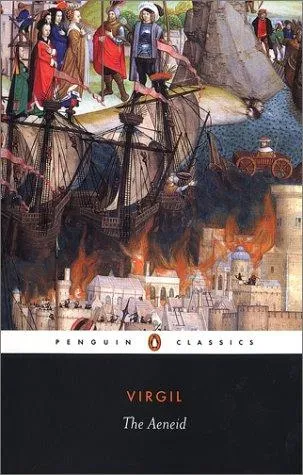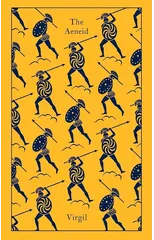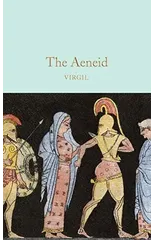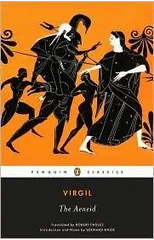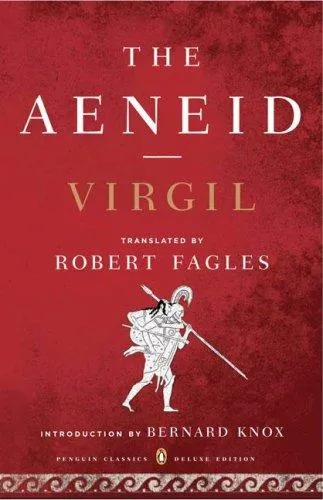"I sing of arms and of the man" After a century of civil strife in Rome and Italy, Virgil wrote The Aeneid to honour the emperor Augustus by praising Aeneas – Augustus’ legendary ancestor. As a patriotic epic imitating Homer, The Aeneid also provided Rome with a literature equal to the Greek. It tells of Aeneas, survivor of the sack of Troy, and of his seven year journey – to Carthage, falling tragically in love with Queen Dido; then to the underworld, in the company of the Sibyl of Cumae; and finally to Italy, where he founded Rome. It is a story of defeat and exile, of love and war, hailed by Tennyson as ‘the stateliest measure ever moulded by the lips of man’. David West’s acclaimed prose translation is accompanied by his revised introduction and individual prefaces to the twelve books of The Aeneid. For more than sixty-five years, Penguin has been the leading publisher of classic literature in the English-speaking world. With more than 1,500 titles, Penguin Classics represents a global bookshelf of the best works throughout history and across genres and disciplines. Readers trust the series to provide authoritative texts enhanced by introductions and notes by distinguished scholars and contemporary authors, as well as up-to-date translations by award-winning translators.
Virgil
Virgil, born Publius Vergilius Maro in 70 BC, was a renowned Roman poet known for his epic poem, "The Aeneid." His literary style was characterized by his use of rich imagery, vivid descriptions, and deep philosophical themes. Virgil's contributions to literature include elevating the genre of epic poetry to new heights and establishing himself as one of the greatest poets of ancient Rome. "The Aeneid," his most famous work, tells the story of Aeneas, a Trojan hero who travels to Italy and becomes the ancestor of the Romans. Virgil's impact on the literary genre of epic poetry has been profound, influencing countless writers and poets throughout history.
